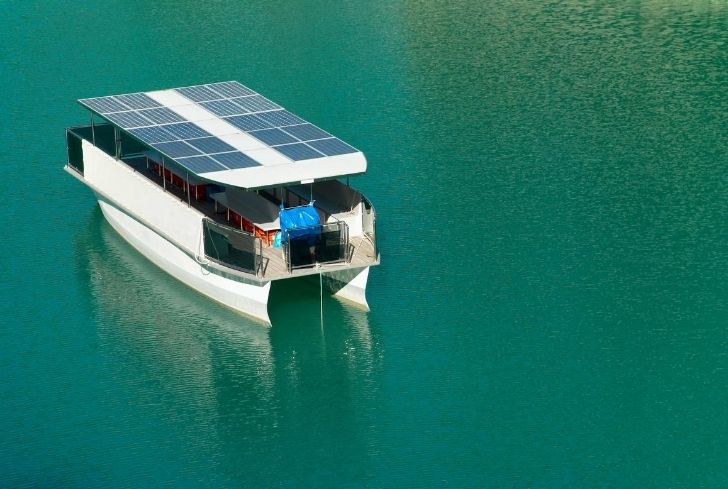Sustainability at Sea: Eco-Friendly Practices in Marine Engineering
The ongoing global push towards sustainability is not just limited to land and air; the seas and oceans are also coming under focus. Marine engineering, with its vital role in global trade and transport, is evolving to meet environmental standards and promote sustainable practices. This evolution is seen in various aspects, from fuel consumption to waste management, and from design innovation to operational efficiencies.
1. Clean Energy and Fuel Efficiency
The transition from conventional fossil fuels to cleaner energy alternatives is the highlight of the sustainable revolution in marine engineering.
- Alternative Fuels: LNG, hydrogen, and biofuels are being utilized as cleaner alternatives to heavy fuel oil.
- Energy-Efficient Design: Innovative hull designs that minimize drag, energy-efficient engines, and renewable energy sources such as solar panels and wind turbines are part of the new approach.
#AlternativeFuels #CleanEnergy #RenewableEnergy
2. Ballast Water Treatment
Ballast water carries a variety of biological materials that can harm local ecosystems. The implementation of effective ballast water treatment systems ensures that harmful substances are neutralized before discharge.
#BallastWaterTreatment #MarineEcosystems
3. Waste Management and Recycling
The recycling and proper waste management onboard ships minimize pollution.
- Recycling Stations: Modern ships are equipped with recycling facilities to handle different types of waste.
- Zero Discharge: Some vessels now adopt zero discharge policies, where nothing is dumped into the sea.
#WasteManagement #RecyclingAtSea
4. Marine Life Protection
Protecting marine life is a crucial aspect of sustainable marine practices.
- Anti-Fouling Coatings: Eco-friendly anti-fouling coatings prevent the harmful buildup of organisms on ship's hulls without harming marine life.
- Noise Reduction: Reducing underwater noise pollution to minimize the disturbance to marine mammals.
#MarineLifeProtection #EcoFriendlyCoatings
5. Regulations and Standards
Strict regulations and international standards such as MARPOL are pushing the industry towards sustainability.
- Compliance Monitoring: Regular inspections, monitoring, and strict compliance to ensure that the ships meet environmental standards.
- Sustainable Shipbuilding: Using sustainable materials and energy-efficient construction techniques.
#MARPOL #SustainableShipbuilding
Conclusion
Marine engineering is at the forefront of the transition to a more sustainable future. With innovations in technology, strict regulations, and a global awareness of the importance of our oceans, the maritime industry is sailing towards a cleaner and greener tomorrow.
#SustainabilityAtSea #MarineEngineering #EcoFriendlyPractices



Comments